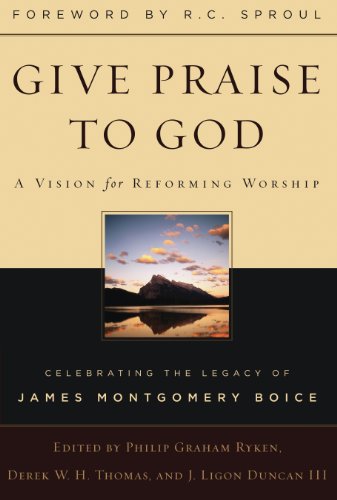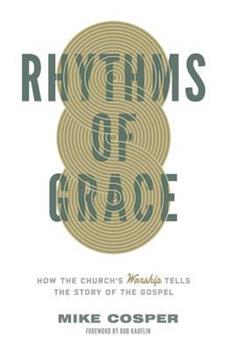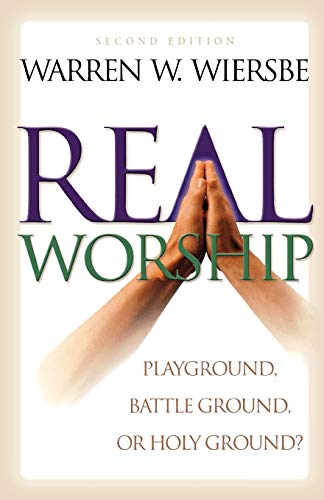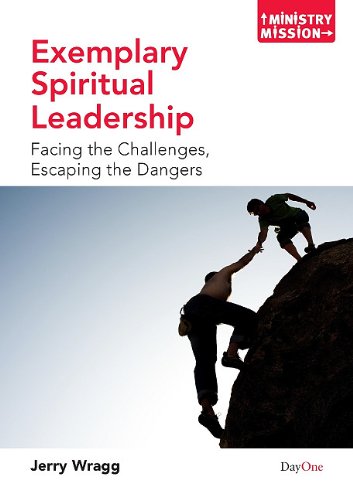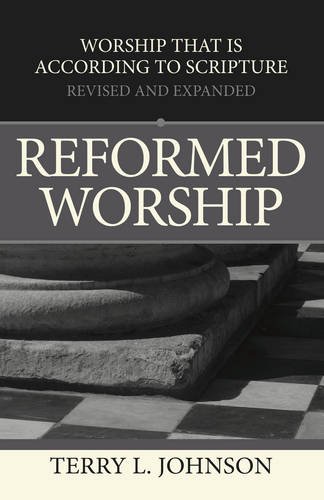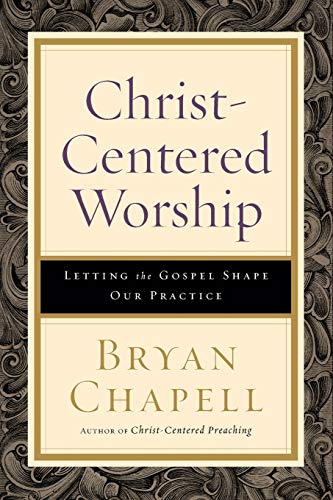Quotes about Worship-Leaders
The worship service features two sides of a sacred conversation. Those who lead in worship need to help people recognize themselves in the presence of God. They must also speak God’s words to the people so that they will know they are on holy ground. That is the experience people are longing for in worship. But before such a sacred conversation happens in worship, it must happen for those who lead in worship in their own soul.
Reflections on Worship’s Meaning and Purpose – Thinking About Worship, Calvin Institute of Christian Worship.
The most important worship leader is Jesus. He reveals God to us and through His perfect sacrifice provided the only way into the Father’s presence (1 Timothy 2:5; Hebrews 10:19-22).
Worship Matters, Crossway Books, 2008, Crossway Books, a division of Good News Publishers, Wheaton Illinois 60187, www.crosswaybooks.org, p. 53. Get this book!
Biblically speaking, no worship leader, pastor, band, or song will ever bring us close to God. We can’t shout, dance, or prophesy our way into God’s presence. Worship itself cannot lead us into God’s presence. Only Jesus Christ Himself can bring us into God’s presence, and He has done it through a single sacrifice that will never be repeated – only joyfully recounted and trusted in.
Worship Matters, Crossway Books, 2008, Crossway Books, a division of Good News Publishers, Wheaton Illinois 60187, www.crosswaybooks.org, p. 74. Get this book!
It’s not the excellence of our offering that makes our worship acceptable but the excellence of Christ. We cannot worship the eternal Father apart from the eternal Son… Our worship is accepted not on the basis of what we have done, but on the basis of what Christ has done… [Therefore] if we [leaders] help people focus on what God did two thousand years ago rather than twenty minutes ago, they’ll consistently find their hearts ravished by His amazing love.
Worship Matters, Crossway Books, 2008, Crossway Books, a division of Good News Publishers, Wheaton Illinois 60187, www.crosswaybooks.org, p. 25. Get this book!
What’s the greatest challenge you face as a worship leader? You might think it’s deciding which songs to sing, getting along with your pastor, receiving feedback from church members, or leading a team of unorganized, independent musicians. Nope. Your greatest challenge is what you yourself bring to the platform each and every Sunday. Your heart.
Worship Matters, Crossway Books, 2008, Crossway Books, a division of Good News Publishers, Wheaton Illinois 60187, www.crosswaybooks.org, p. 21. Get this book!
As I understand it, a worship leader exercises various gifts listed in 1 Corinthians 12, Romans 12, Ephesians 4, and elsewhere. These include pastoring, leading, administration, and teaching. Under the oversight of the pastor, he combines those gifts with musical skill to care for, guide, and instruct God’s people as they sing His praises.
Worship Matters, Crossway Books, 2008, Crossway Books, a division of Good News Publishers, Wheaton Illinois 60187, www.crosswaybooks.org, p. 54. Get this book!
A faithful worship leader magnifies the greatness of God in Jesus Christ through the power of the Holy Spirit by skillfully combining God’s Word with music, thereby motivating the gathered church to proclaim the gospel, to cherish God’s presence, and to live for God’s glory.
Worship Matters, Crossway Books, 2008, Crossway Books, a division of Good News Publishers, Wheaton Illinois 60187, www.crosswaybooks.org, p. 55. Get this book!
Each of us in the Body of Christ has the ability, because of His love for us, to minister to and bless the Lord. We can bring joy to God just as a loving son or daughter does to their parents, and as a friend to a friend. Worship from the heart is one of the best gifts you can bring to your heavenly Father. When we worship Him, not because of fear or pride or obligation, but out of an overflow of love and gratitude, we bless and minister to God. This is a privilege that He has given to all His sons and daughters. A worship leader is not necessarily more “spiritual” than anyone else; he or she simply is willing to help a group of people reach a place of loving intimacy with God via music (Don Francisco).
All of our discussions of the style and mechanics of worship must be anchored in a deeply biblical and richly gospel-centered understanding of what worship is. We might be tempted at a worship conference to focus exclusively on the style and mechanics of worship. And these are important! But a larger challenge is to link how we approach the week-in, week-out task of planning and leading worship with our theological understanding of worship. Do our planning and leading habits, mechanics, and techniques enable people to experience worship in the deepest, most profound, most Christ-centered way? Does our work form our congregations in a deeply biblical faith? We need a high-octane theology of worship – and one that is not simply articulated in writing, but enacted in our worship and lived out in our lives (John Witvliet).
Reflections on Worship’s Meaning and Purpose – Thinking About Worship, Calvin Institute of Christian Worship.
Few of us have had or will have the luxury of escaping the “worship wars.” The “wars” are usually waged over forms and styles, not over the essence of what worship is. But leading your people into the essence is all-important. So I want to call you to put your focus and energies in the most fruitful place for the glory of God. Focus on the essence, not the form. If you succeed in breeding a church that experiences the essence, they will probably survive the wars, and you will be able to lead them through to more peaceful waters
Recommended Books
